Having driven all the way across the country from northern California to South Carolina, it wasn’t until we crossed the border into the state that started the Civil War that I remembered reading about the Orangeburg Massacre in college. Our destination was the town where one of the worst crimes of institutionalized racist violence during the civil rights era had taken place.
Perhaps things had changed in the nearly quarter century since I hoped. But as the saying goes, hope floats like an anchor. Passing through Columbia, the state capital, I saw that the confederate flag still flew over the capitol building.
As I was unloading the moving van into a house we had leased, an older white man walked across the street and sprinkled his southern hospitality with racist remarks. He wanted to see where these new white neighbors from California stood on the central issue.
Showing no simpatico, he said, “There are two kinds of Yankees,” he said, “Yankees and damn Yankees. Which are you?”

Ok, I’ll bite, I replied. (I had never been called a Yankee before, even in Mexico.)
“Yankees come down here to visit. Damn Yankees come down here to live.” A fine welcome.
I ignored the first few uses of the word ‘nigger.’ But realizing that I wouldn’t be able to live with myself if I didn’t say something to this bigot, I stopped unloading (he offered no hand I recall) and looked him in the eye.
I take people take as I find them, one at a time, I said.
Needless to say, that wasn’t what he wanted to hear. The atmosphere grew as thick as the humidity in a South Carolina summer as the good ole boy from Orangeburg fell silent.
Wanting to know how deep into American racism we’d driven ourselves, I asked, “Do you know anything about the Orangeburg Massacre?”
“I was there,” came an instantaneous reply with an unmistakable note of pride. “I stood right next to a state cop at the bowling alley the niggers were trying to integrate. He said, ‘you see that big nigger? I’m going to put a bullet right there,’ and he pointed to his forehead. Then he did.”
I felt sick, but wasn’t about to give that racist the satisfaction of seeing me shaken. I shook my head, went inside, and said, ‘We’ve come to hell.’ That turned out to be even truer than I realized.
As was customary in those days, my partner had been flown from California to interview for a professorship at Southern Carolina State University, a nearly all black college in Orangeburg. While there, she was offered the position with a fast track to tenure. I was set to start graduate school at the University of South Carolina.
On arriving, the incoming president of the college, who was engaged in a power struggle with the long-standing chair of my partner’s department, informed her that she did not have the position. Whether reverse racism played a part we didn’t know, but we fought it on the basis of fraud, won a minimal settlement that we turned down, and headed north six weeks after coming to Orangeburg. We were damned Yankees who had come to visit after all.
Too meekly in my view, Charles Blow writes in his latest column: “We must make sure that this is a true change in the American ideology and not an activist-chic, summer street festival for people who have been cooped up for months, not able to go to school or graduate, not able to go to concerts or bars.”
No change in “American ideology” is going to change anything. And if nothing deeper than massive, cause célèbre block parties is going on, the protesters aren’t exhibiting anything but herd mentality. That’s not cynicism; it’s historical reality. Protests and movements are no longer enough.
The voice of the status quo, the New York Times, intoned today: “What’s remarkable to a number of people across the political spectrum is that Mr. Trump seems to be missing what is all but screaming in neon…that an overwhelming number of independents and even about half of Republican voters believe George Floyd’s killing represents a broad problem with policing.”

It goes way beyond “a broad problem with policing.” What is “all but screaming in neon” is that Trump has one card left to play in a nation that venerates its military despite America’s immoral and illegal “wars of choice,” to use Thomas Friedman’s disgusting but truthful phrase.
Trump won’t simply try to steal the election. Since he hasn’t been able to make an enemy of half the American people, he’ll find a foreign enemy. And if he’s down by ten points in the fall, he’ll start a regional or even world war to try to “unite” the American people.
This crisis extends much further than the United States. People who care about the future of humanity have to begin to radically change before this latter-day Mussolini kicks the last strut out from under the international order in his last strut on the world stage.
Martin LeFevre
No comments:
Post a Comment